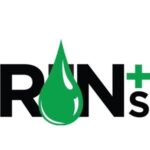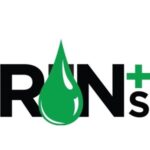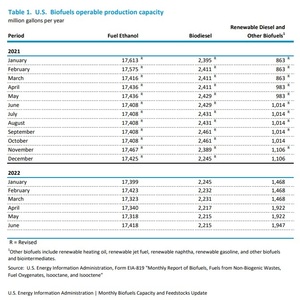EPA proposes to approve canola oil fuel pathways under RFS
Energy Disrupter
ADVERTISEMENT
The U.S. EPA on April 12 published a proposed rule approve Renewable Fuel Standard pathways for renewable diesel, jet fuel, heating oil, naphtha, and liquefied petroleum gas (LPG) produced from canola/rapeseed oil via a hydrotreating process.
EPA’s assessment proposes to find that these fuel pathways meet the lifecycle greenhouse gas (GHG) emission reduction threshold of 50 percent required to generate D4 biomass-based diesel and D5 advanced biofuel renewable identification numbers (RINs) under the RFS.
Based on its analysis, the EPA said its finding supports a determination that renewable diesel, jet fuel and heating oil produced canola oil are eligible for D4 biomass-based diesel RINs if they are produced through a hydrotreating process that does not co-process renewable biomass and petroleum, and for D5 advanced biofuel RINs if they are produced through a process that does co-process renewable biomass and petroleum. The EPA said its finding would also support a determination that naphtha and LPG production from canola oil through a hydrotreating process are eligible for D5 RINs.
A fuel pathway for the production of biodiesel and heating oil produced from canola oil via a transesterification process is already approved for the generation of D4 biomass-based diesel RINs.
The agency’s intention to complete the canola oil pathway rulemaking was announced in the White House Office of Management and Budget’s Fall 2021 Unified Agenda of Regulatory and Deregulatory Actions, published in December 2021. The proposed rule was delivered to the OMB for review in January 2022.
A 30-day public comment period on the proposed rule will open following its publication in the Federal Register. Additional information is available on the EPA’s website.
Clean Fuels Alliance America has spoken out in support of the proposed rule. “We applaud the Administration’s strategy to support growth for homegrown biofuels that are critical to expanding Americans’ options for affordable fuel in the short-term and to building real energy independence in the long-term,” said Kurt Kovarik, vice president of federal affairs at Clean Fuels. “We greatly appreciate EPA’s commitment to approving new RFS pathway petitions for renewable fuels that can provide greenhouse gas benefits as well as reduce reliance on foreign oil.”















